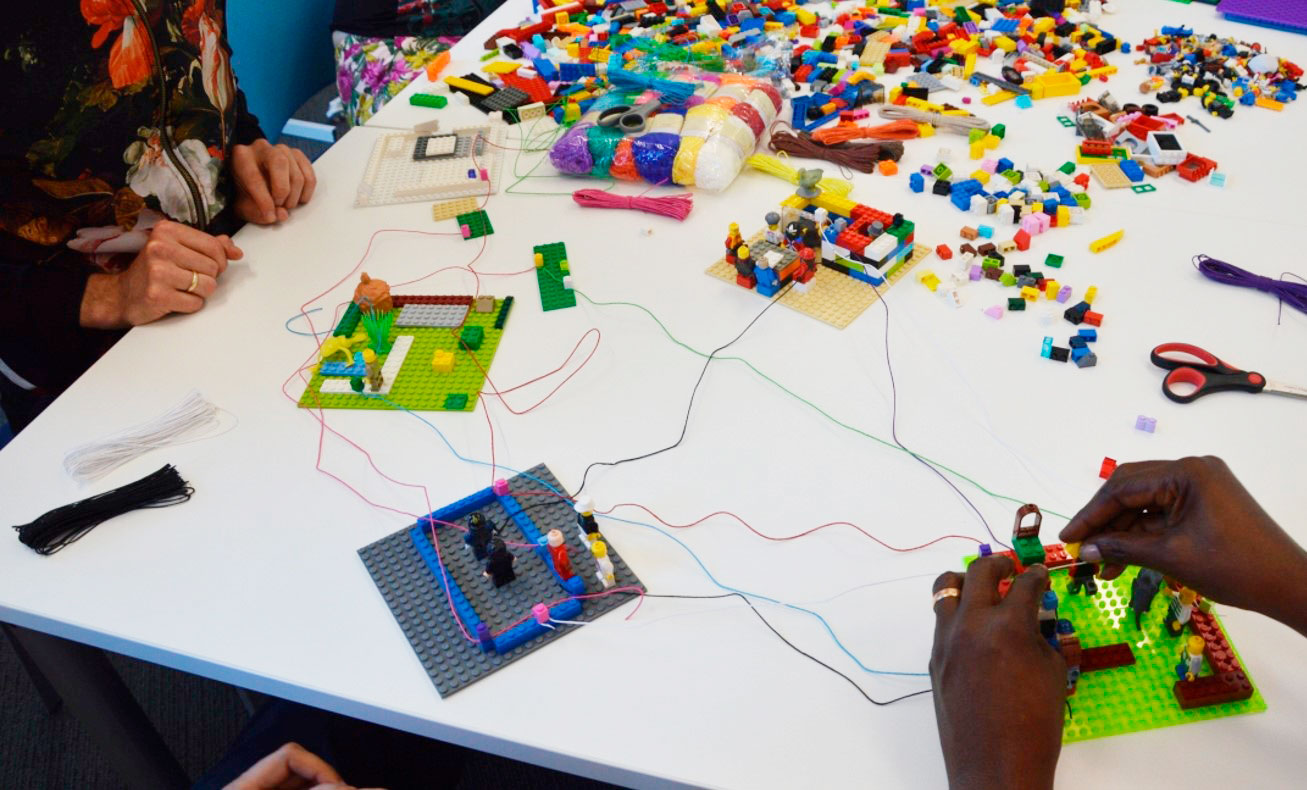Key Themes in Photovoice Research
Gain hands-on experience with key aspects of Photovoice research.
- 3 sessions, 2 hours each
- max 15 people
- 1 workshop $125; 3 workshops $300
- Hands-on experience with Photovoice steps and adapting to different contexts
- Ensuring safety and confidentiality
- Interpreting Photovoice data and reach audiences
- Developing a Photovoice Plan
- Researchers, graduate students, and faculty
- Any individual using qualitative and arts-based methods
September 19th – 5 -7 pm UK time / 12-2 pm ET / 9-11 am PT
October 10th– 5 -7 pm UK time / 12-2 pm ET / 9-11 am PT
November 14th– 5 -7 pm UK time / 12-2 pm ET / 9-11 am PT
Instructor:

Workshop 1: Using creative methods for data collection in research
In this first interactive workshop we will explore creativity, why we should be creative in our research, and how we can introduce creativity and creative methods into our existing paradigms and approaches. In particular, this workshop focuses on the scope and continuum of participatory visual methods and photovoice. Participants will actively experiment with “pick a card” and “diamond 9” activities, photo elicitation, and creating representations. These activities and methods are helpful in yielding rich qualitative data and providing deeper insight into research participants’ experiences.
Workshop 2: Analyzing data that has been collected using creative research methods
In this second interactive workshop, we consider the principles and processes of analysis within qualitative research before focusing on photovoice. Using real data from actual research, we will consider approaches to analysis of “messy data” and discuss the following questions: Is analysis ever an objective process? Is there a difference between analyzing data from linear texts or visual/sensory data, such as that from building LEGO® models, song lists, photographs, videos and the like? Participants will have opportunities to practice different forms and approaches to analyzing visual/sensory data and also learn about critically evaluating quality and rigor in such work.
Workshop 3: Emotions and the role of reflexivity in photovoice research
This third interactive workshop draws on embodied and creative techniques that focus on emotions in research and present practical strategies for practicing reflexivity. Topics include how we can: a) attend to and become aware of emotions in ourselves as researchers and in our participants, b) hold emotional space for ourselves and our participants to express emotions safely, c) capture the emotional resonance created in participatory visual research and, d) process the emotions we feel directly and through our participants’ experiences. We will practice reflexivity and tracking in tasks using participants’ research materials. Participants will learn steps involved in refining reflexive journal content for inclusion in peer-review articles.

